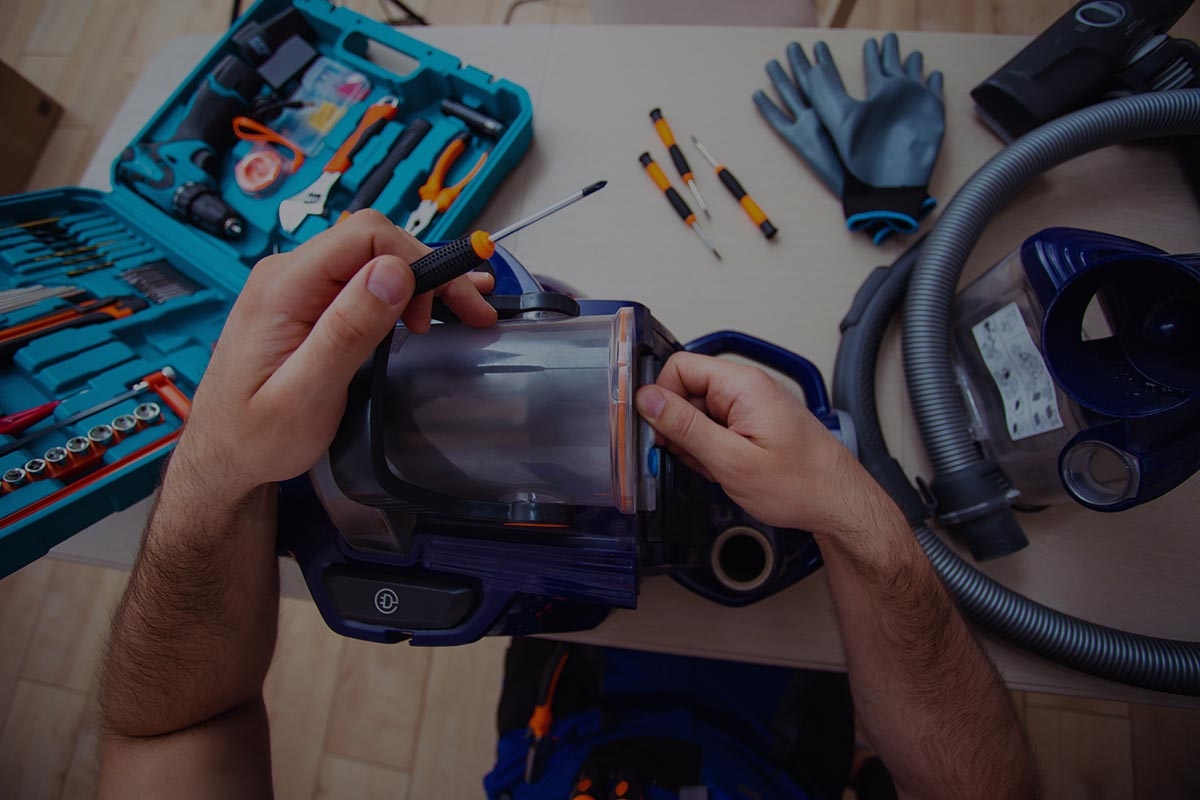Professional vs. DIY Vacuum Repairs: Weighing Environmental Impact and Cost Efficiency

Explore the environmental and financial implications of choosing between professional and DIY vacuum repairs, with insights from industry experts and practical tips for eco-conscious consumers.
Maintaining a clean living space often involves the regular upkeep of household appliances, including vacuum cleaners. When facing issues with your vacuum, the decision to opt for professional repair services or tackle the job yourself can impact both the environment and your wallet. Let's delve into the factors to consider when weighing the environmental impact and cost efficiency of professional versus DIY vacuum repairs.
Repairing a malfunctioning vacuum cleaner presents a dilemma for many homeowners. On one hand, seeking the expertise of a professional repair service guarantees specialized knowledge and skill. As explained by Darren Emmott, owner of Vacuum Doctor, "Professional repair services ensure thorough diagnostics and quality repairs, extending the lifespan of your vacuum."
However, the convenience of professional repair services often comes at a higher cost. Consumers must consider the financial implications, especially when balancing budgetary constraints. DIY vacuum repairs offer a cost-effective alternative, empowering homeowners to troubleshoot and fix minor issues independently.
From an environmental perspective, both options have distinct implications. Opting for professional repair services reduces the likelihood of premature disposal and contributes to a more sustainable approach to appliance maintenance. Emmott highlights this, stating, "Extending the lifespan of appliances through repair services minimizes electronic waste and supports eco-friendly practices."
Conversely, DIY repairs can also align with environmental stewardship by promoting resourcefulness and reducing the demand for new products. By repairing rather than replacing a vacuum cleaner, individuals mitigate the environmental impact associated with manufacturing and disposal.
When contemplating DIY vacuum repairs, it's essential to consider the complexity of the issue and individual skill level. While minor repairs such as belt replacements or unclogging filters may be within reach for DIY enthusiasts, more intricate problems may require professional attention to avoid exacerbating the issue.
Additionally, DIY repairs necessitate the availability of spare parts and access to reliable troubleshooting resources. Online tutorials and instructional videos can be valuable tools for navigating DIY repairs effectively. However, Emmott advises caution, stating, "Attempting complex repairs without adequate knowledge can lead to further damage and safety hazards."
In contrast, professional repair services offer comprehensive diagnostics and access to genuine replacement parts, ensuring optimal performance and safety. While the initial investment may be higher, the expertise of trained technicians can provide peace of mind and long-term reliability.
Ultimately, the decision between professional and DIY vacuum repairs hinges on individual preferences, skill level, and environmental consciousness. By weighing the pros and cons of each approach, consumers can make informed choices that align with their values and priorities.
References:
Science Direct: https://www.sciencedirect.com/science/article/pii/S0959652616309891
British Plastic Federation: https://www.bpf.co.uk/article/when-to-repair-vs-replace-your-vacuum-pump-a-guide-3430.aspx
Vacuum Doctor: https://www.vacuumdoctor.co.uk/vacuumrepairs/
- Industry
- Art
- Causes
- Crafts
- Dance
- Drinks
- Film
- Fitness
- Food
- Παιχνίδια
- Gardening
- Health
- Κεντρική Σελίδα
- Literature
- Music
- Networking
- άλλο
- Party
- Religion
- Shopping
- Sports
- Theater
- Wellness
- News


